Feb. 5, 2014
February faculty and staff features 2014
Share this story
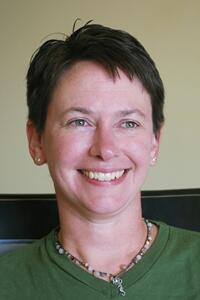
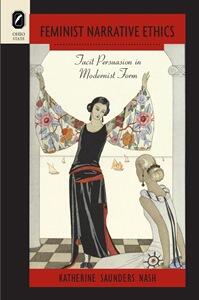
Katherine Nash, Ph.D., director of undergraduate studies in English and assistant professor, Department of English, College of Humanities and Sciences
Nash’s new book, “Feminist Narrative Ethics: Tacit Persuasion in Modernist Form,” has been published by the Ohio State University Press as part of its series in the Theory and Interpretation of Narrative.
“Feminist Narrative Ethics” examines rhetorical techniques that cause readers to rethink their beliefs regarding women’s rights and ethics. Nash provides close readings of novels by Virginia Woolf, Dorothy L. Sayers, E.M. Forster and John Cowper Powys, reinforcing her proposal of the ethics of four theoretical patterns: persuasion, fair play, distance and attention.
The OSU series focuses on narrative theories in fiction and non-fiction. The series is edited by prominent narrative theorists James Phelan (OSU), Peter J. Rabinowitz (Hamilton College) and Robyn Warhol (OSU).
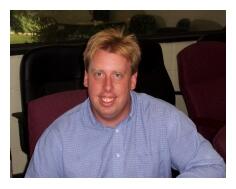
Ed Boone, Ph.D., an associate professor, Department of Statistics and Operations Research, College of Humanities and Sciences
Roy Sabo, Ph.D., assistant professor, Department of Biostatistics, School of Medicine
Boone and Sabo have co-authored the book “Statistical Research Methods: A Guide for Non-Statisticians.” Sabo said that the idea for writing the book grew out of the need for an acceptable textbook for the courses BIOS 543 and STAT 543 that enroll graduate students and academic professionals in non-statistical fields. Sabo and Boone aim to help students learn, use and communicate results from many commonly used statistical methods.
“There has been a struggle for years to find a book that fits our needs,” Sabo said. “The market is saturated with texts that explain the concepts we cover, yet they invariably speak from a statistical perspective, which is not useful for the students.”
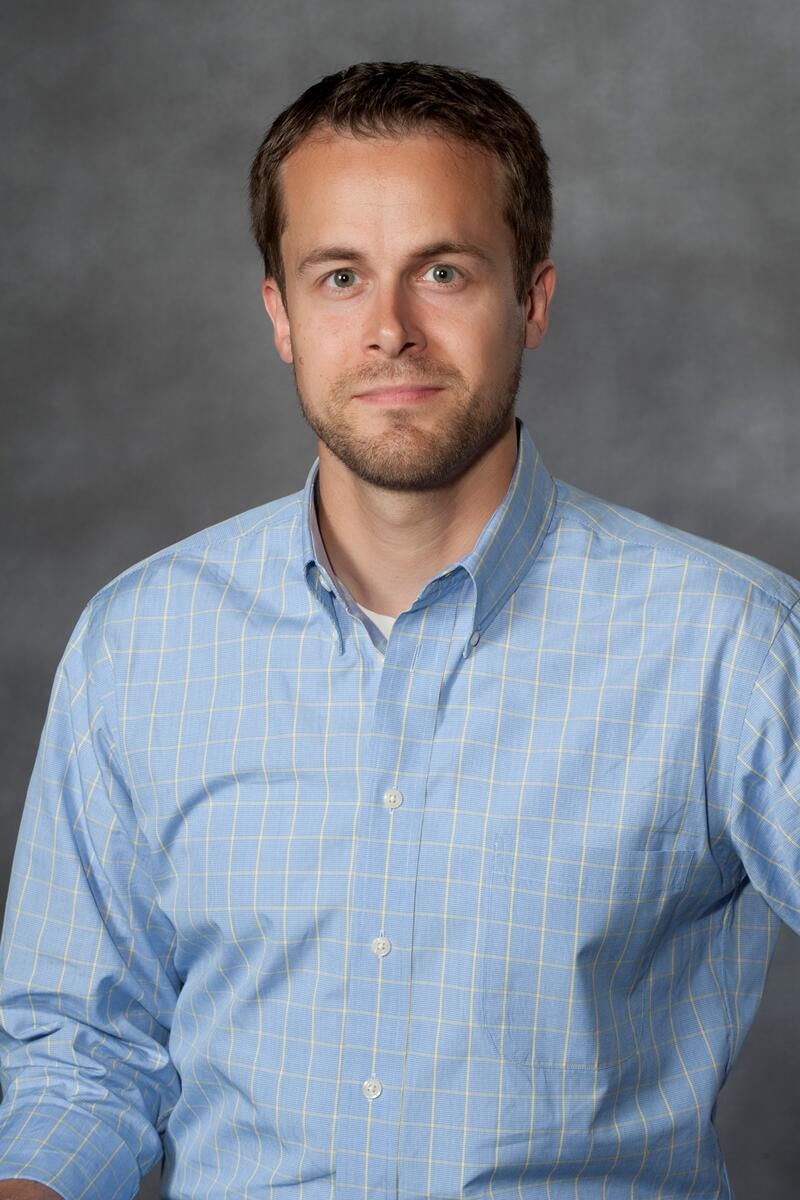
In response, Sabo and Boone wrote a series of lecture notes that they felt spoke in a language the students could understand, helping them to use data to make informed judgments and develop a process of critical thinking for statistical analysis that underlies all scientific research. While the authors didn’t oversimplify the material, they set out to ensure it was not unnecessarily challenging. Their lecture notes have now been polished, published and made available to a wider audience.
In addition to graduate students in non-statistical disciplines, the text could also be a resource for advanced undergraduate researchers and research faculty in the health sciences. The text describes the entire data analysis process from hypothesis generation to writing a manuscript to communicate the results, including real-world examples and sample write-ups for the methods and results sections of scholarly papers.
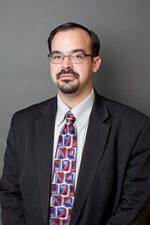
Frank Bosco, assistant professor, School of Business
Bosco was named winner of the Transatlantic Digging Into Data Challenge 2013 for his project, “Field Mapping: An Archival Protocol for Social Science Research Findings.” Bosco and co-researcher, Piers Steel, (University of Calgary) will receive a $250,000 grant collectively from the National Science Foundation and Social Sciences and Humanities for Research Council.
Bosco’s project will have psychology and management scholars from the United States and Canada working together with an expert in online research and classification methods. The collaboration will work to create a web application that will provide protocol for the extraction and classification of research findings into a semantic taxonomy. The goal of the research is to develop a comprehensive repository of findings from social science research that continuously update and respond to dynamic queries.
This is the third round of the Digging Into Data Challenge, following the first held in 2009 and the second in 2011. The competition encourages development of new insights and skills in humanities and science research using large-scale data analysis. The current round features 10 sponsoring funders and 14 funded projects. Bosco and Steel join 13 other teams representing Canada, the Netherlands, the United Kingdom and the United States in receiving grants.
Subscribe to VCU News
Subscribe to VCU News at newsletter.vcu.edu and receive a selection of stories, videos, photos, news clips and event listings in your inbox.










